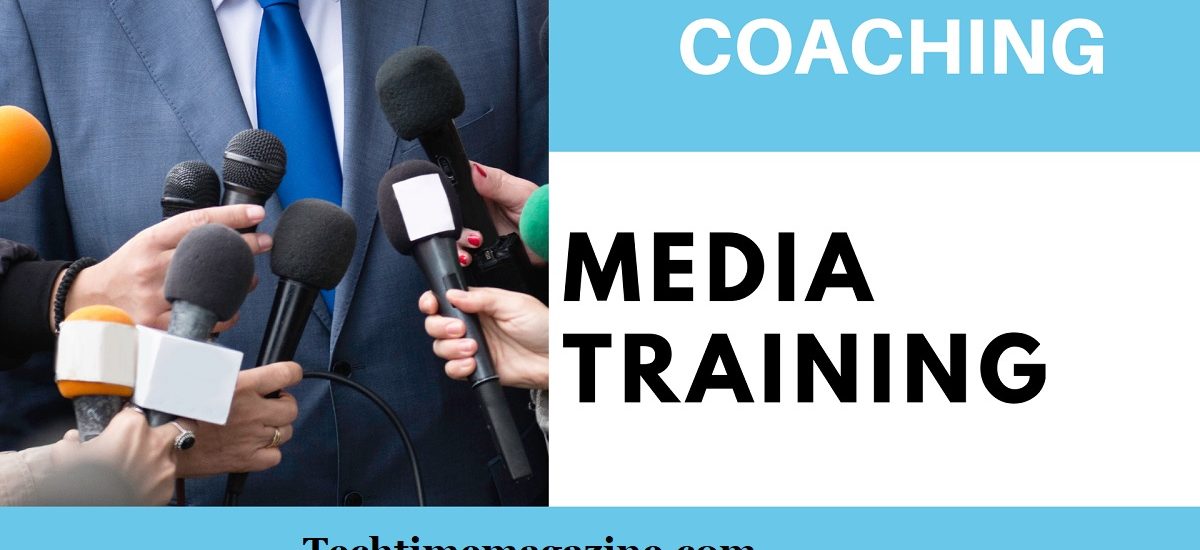The Best 10 Most Useful Advice for Media Coaching For Beginners and Media Training For Executives
In today’s hectic media landscape, effective communication is crucial. Even with the lack of past executive or business ownership experience, an individual’s ability to handle media relations may have a significant influence on the public’s view of them and their future career path. This article highlights the significance of the topic, Media Coaching for Beginners and Media Training for Executives provides insightful points of view, and identifies its target audience. It also emphasizes how important media literacy is for both beginners and experts. Together, we can help you improve as a media personality and public speaker.
Let’s Resume Our Journey Now:
What Does Media Training Involve?
Individuals who receive media training or professional coaching in communication are more equipped to deal with reporters, conduct interviews, and defend themselves in public. It requires a variety of abilities, such as the capacity to express ideas coherently and the capacity to interpret tone of voice and body language. A strong media education may help you handle the complex media environment more effectively.
Ten Pointers for Media Coaching for Beginners
For those who have never spoken in front of a camera, it could be frightening, but with the right support, it can also be an opportunity for growth and effective communication. These are some crucial guidelines for those who are just beginning to engage with the media; as such, they serve as Media Coaching for Beginners. The above-described concepts are intended to aid in the development of fundamental skills, support self-assurance in a range of media situations, and promote efficient communication.
Ascertain What And With Whom Your Audience Is Familiar:
Find out what hobbies and experiences the individuals who will be reading your work have. By tailoring your message to their preferences, you could increase its effectiveness.
Display Your Ideas:
Break up difficult ideas into smaller, easier-to-understand chunks. Your audience will find it simpler to comprehend and recall your primary ideas if you do this.
Acquire Extraordinary Competence:
Allocate time for rehearsing your speeches or presentations. Regular practice helps you become more confident and improves your speaking skills.
Recognize Your Body Language:
Positivity in thoughts and deeds will enhance your vocal communication skills. Improved body language skills lead to improved communication.
Discover How to Retain Calm:
Discover techniques for lowering stress and apply them. Calm under duress ensures lucid reasoning and a self-assured delivery.
Take on and Exhibit Authenticity:
Talk from the heart when you speak. Being genuine improves your interpersonal relationships and your sense of self-worth.
Prepare to Respond to Any Inquiries You May Receive:
Review any possible questions when you are ready to respond to them. This preparation demonstrates awareness and preparedness.
Make Use of Active Listening Strategies:
Demonstrate your sincere concern for the matters brought up. Careful listening promotes civility and candid discourse.
Make Sure The Main Point Of Your Argument Is Concise And Obvious:
When delivering a presentation, make sure to reiterate your main points many times. This well-considered counterargument emphasizes the key points you made.
Show Initiative By Asking For And Using Feedback:
To continue improving, ask mentors or peers for input, then incorporate it into your work. Getting feedback is crucial for progressing in both personal and professional spheres.
The Top 10 Ideas for Media Training for Executives
Effective communication, strong leadership, and brand protection are all stressed in the training of media executives. Media Training for Executives may find the ten sophisticated strategies in this section useful. These strategies focus on managing challenging situations, captivating viewers with compelling narratives, and maintaining a strong executive presence across all media platforms.
Write A Captivating Brand Narrative:
Compose a story that supports your company’s objectives and guiding values. Strong emotions will be evoked in your readers by an engaging story.
Put Strategic Conversation Management Into Practice:
It is your responsibility to bring up your primary issues during the discussion. A well-organized agenda makes it more likely that the intended results will be obtained.
Collect the Tools You’ll Need to Handle Tough Problems:
Allocate time for rehearsing your speeches or presentations. Frequent practice enhances your speaking abilities and builds your confidence.
Provide Useful and Applicable Statistics:
Provide proof to support your claims. Acquired knowledge gives the validity and weight of your idea.
Develop Your Nonverbal Communication Skills:
Make sure your speech and actions make sense. To communicate persuasively, nonverbal clues are essential.
Strengthen Your Ability to Construct Bridges:
During the conversation, bring up your main points of contention. By bridging, you may maintain your attention on your objective.
Be Prepared For Everything At All Times:
Make a crisis management strategy Being prepared for everything is necessary to keep your brand’s reputation intact.
Adhere To And Respect Media Ethics:
Learn about the moral principles that regulate how you engage with the media. Maintaining your brand’s reputation requires being ready for everything.
Verify That Your Company Identification And Brand Are Consistent:
Your brand should be enhanced by a professional position. At work, sticking to your brand makes you stand out more.
Make The Lifelong Decision To Continue Your Education:
Stay up to date with the latest techniques and fashions as they emerge in the media. To make sure that media contacts are both relevant and successful, lifelong learning is required.









